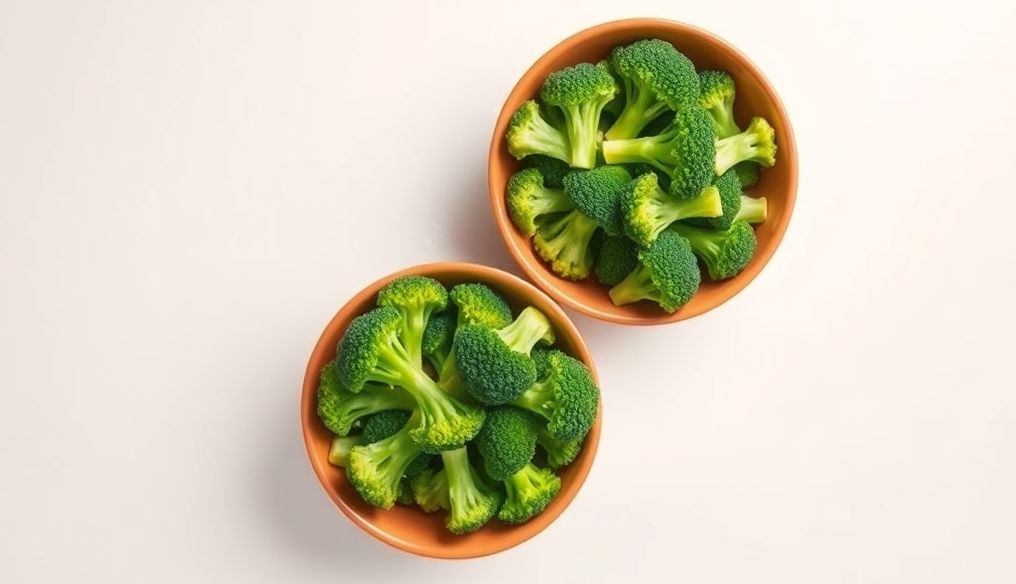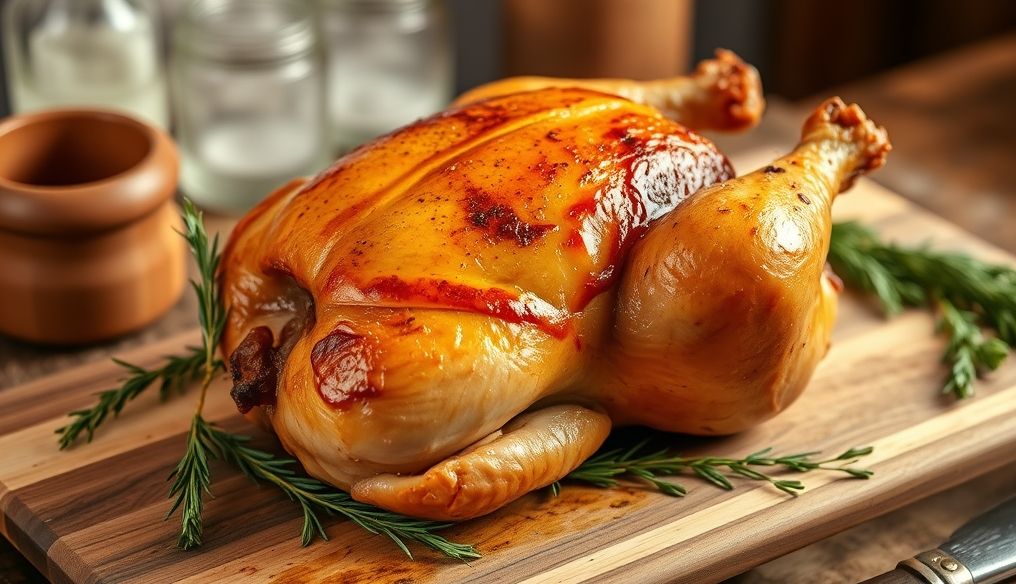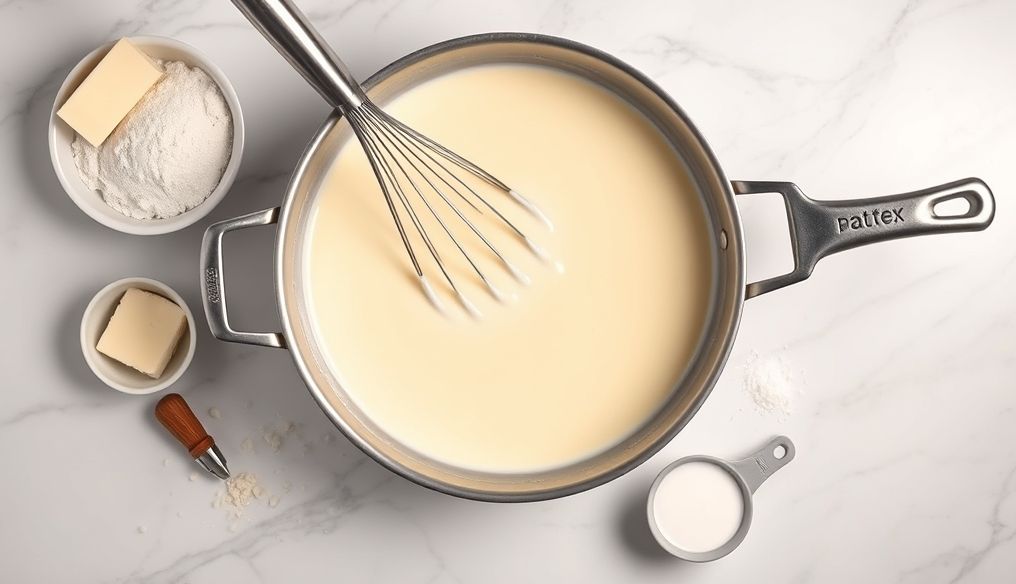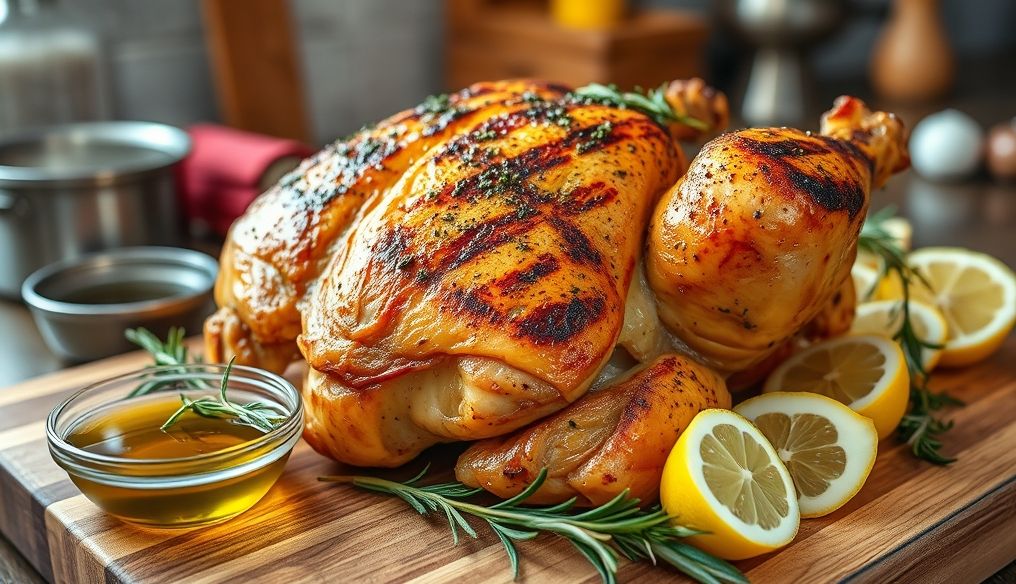Does Steaming Vegetables Preserve More Nutrients Than Boiling?
Vegetables are an integral part of a healthy and balanced diet, rich in vitamins, minerals, fiber, and antioxidants necessary for the body's health. However, the method of cooking vegetables plays a crucial role in preserving their nutritional value. The debate often arises as to whether steaming vegetables is better than boiling them. This article will address this topic in detail, comparing the two methods in terms of preserving nutrients, the impact on taste and texture, ease of preparation, and providing practical tips for getting the most benefit from cooked vegetables.
What is the Nutritional Value of Vegetables?
Vegetables are an excellent source of many essential nutrients, including:
- Vitamins: Such as Vitamin C, Vitamin A, various B vitamins, and Vitamin K.
- Minerals: Such as potassium, magnesium, calcium, and iron.
- Fiber: Essential for digestive health and regulating blood sugar levels.
- Antioxidants: Protect cells from damage caused by free radicals and reduce the risk of chronic diseases.
Vegetables are low in calories and rich in nutrients, making them an ideal addition to any healthy diet.
Comparison Between Steaming and Boiling
Steaming and boiling are two common methods of cooking vegetables, but they differ in how they affect nutrients, taste, and texture.
Steaming
Steaming is a method that relies on using hot steam to cook vegetables. The vegetables are placed in a basket or perforated container above boiling water, so they do not touch the water directly. The container is then covered to allow the steam to distribute heat evenly and cook the vegetables.
Advantages of Steaming:
- Preservation of Nutrients: Steaming reduces the loss of water-soluble vitamins and minerals, as the vegetables do not come into direct contact with the water.
- Preservation of Taste and Texture: Steaming preserves the natural flavor and crisp texture of vegetables.
- Ease of Preparation: Steaming does not require much effort or time.
Disadvantages of Steaming:
- May Take Longer: Steaming may take a little longer than boiling, especially for dense vegetables.
- Requires Special Equipment: You may need a steamer basket or a special steamer pot.
Boiling
Boiling is a method that relies on immersing vegetables in boiling water to cook them. The vegetables are placed in a pot filled with boiling water and then left until they are cooked.
Advantages of Boiling:
- Speed of Cooking: Boiling is one of the fastest methods of cooking vegetables.
- Ease of Preparation: Boiling does not require any special equipment and can be used with any type of vegetable.
Disadvantages of Boiling:
- Loss of Nutrients: Boiling leads to the loss of a significant amount of water-soluble vitamins and minerals, as these elements seep into the boiling water.
- Changes in Taste and Texture: Boiling may cause vegetables to lose their natural flavor and crisp texture, making them too soft or watery.
Scientific Studies on the Effect of Cooking Methods on Nutritional Value
Several scientific studies have shown that the method of cooking vegetables significantly affects their nutritional value. For example:
- A study published in the Journal of Agricultural and Food Chemistry found that boiling broccoli led to a loss of up to 50% of vitamin C, while steamed broccoli lost only 11% of this vitamin.
- Another study published in the Journal of Food Science found that boiling carrots led to a loss of up to 30% of carotenoids, which are important antioxidants, while steamed carrots lost only 10% of these substances.
These studies indicate that steaming is a better way to preserve the nutrients in vegetables compared to boiling.
Impact of Cooking on Antioxidants
Antioxidants are compounds that protect cells from damage caused by free radicals and reduce the risk of chronic diseases. Some vegetables, such as broccoli, spinach, and carrots, are rich in antioxidants. Cooking can affect the levels of antioxidants in vegetables.
In general, steaming is considered better for preserving antioxidants in vegetables compared to boiling. This is because antioxidants are often water-soluble, and therefore can seep into the boiling water during boiling.
Tips for Cooking Vegetables in a Healthy Way
To get the most benefit from cooked vegetables, follow these tips:
- Choose Steaming or Roasting: These two methods preserve nutrients better than boiling or frying.
- Do Not Overcook Vegetables: Overcooking leads to the loss of more nutrients and changes in taste and texture.
- Use a Small Amount of Water: If you are boiling vegetables, use a small amount of water to reduce the loss of nutrients.
- Do Not Throw Away the Boiling Water: If you are boiling vegetables, you can use the boiling water to make soup or broth, as it contains some of the nutrients that have seeped from the vegetables.
- Add a Little Healthy Fat: Adding a little healthy fat, such as olive oil, to cooked vegetables can help the body absorb some fat-soluble vitamins, such as vitamin A and vitamin K.
- Eat Vegetables Fresh Whenever Possible: The best way to get the most benefit from vegetables is to eat them fresh and uncooked.
Conclusion
In general, steaming is better than boiling for preserving the nutritional value of vegetables. Steaming reduces the loss of vitamins, minerals, and antioxidants, and preserves the natural flavor and crisp texture of vegetables. However, boiling can be a quick and easy option if you are in a hurry. Regardless of the method you choose, make sure not to overcook the vegetables and follow the tips mentioned above to get the most nutritional benefit.
Frequently Asked Questions
- Can I use the microwave to cook vegetables?
Yes, you can use the microwave to cook vegetables. However, it is important not to overcook them and to use a small amount of water to preserve the nutrients.
- Does cutting affect the nutritional value of vegetables?
Yes, cutting can affect the nutritional value of vegetables. The larger the cut, the greater the surface area exposed to air and water, which may lead to the loss of more nutrients. Therefore, it is best to cut vegetables into large pieces as much as possible.
- Does freezing affect the nutritional value of vegetables?
No, freezing does not significantly affect the nutritional value of vegetables. In fact, freezing can help preserve nutrients for longer.
- What are the best vegetables to steam?
Broccoli, carrots, cauliflower, spinach, asparagus, and green beans are some of the best vegetables to steam.
- Does using salted water affect the nutritional value of vegetables?
No, using salted water does not significantly affect the nutritional value of vegetables. However, salt can help preserve the color of vegetables and prevent them from becoming too soft.




